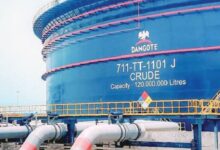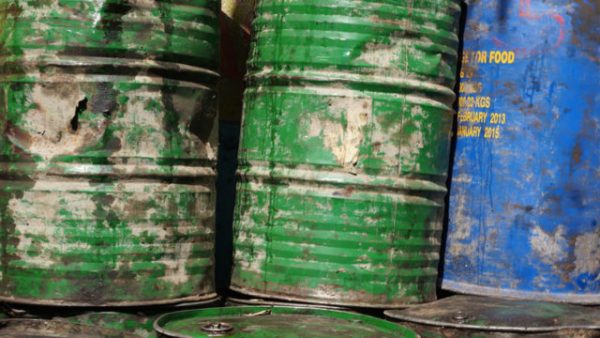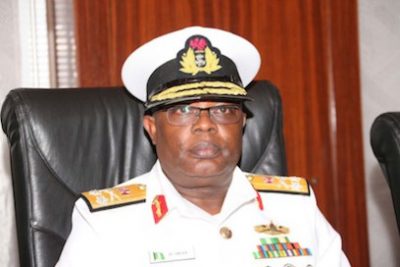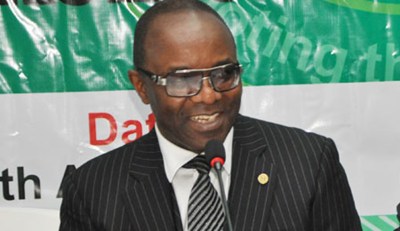FG Reviews 215 Gas Projects, Eyes $20bn Investment
The Federal Government through the Nigerian Midstream and Downstream Petroleum Regulatory Authority (NMDPRA) yesterday announced the review of over 215 gas utilization projects across Nigeria, identifying 70 high-impact initiatives with a combined potential demand of 15 billion standard cubic feet of gas per day (bscf/d) and the capacity to attract more than $20 billion in new investments, create thousands of jobs, and catalyze industrial growth nationwide.
The Authority Chief Executive of the NMDPRA, Engr. Farouk Ahmed spoke in Lagos at the Opening Session of the Gas Utilization Unlock Validation Series under the Decade of Gas Initiative.
The session was held on the sidelines of the 43rd Nigerian Association of Petroleum Explorationists (NAPE) Annual International Conference & Exhibition holding in the state with the theme: “Revitalizing the Nigerian Petroleum Exploration and Production: Strategies for Energy Security and Sustainable Development.”
Daily Trust reports that the Federal Government had in 2020 declared a decade of gas to harness the abundant gas resource in Nigeria estimated at over 210.54 trillion cubic feet (TCF) of proven natural gas reserves.
During the decade, Nigeria had expressed the commitment to increasing her production and consumption. Gas production is expected to grow by over 50% during the decade, according to the plan.
More than five years into the decade, the session yesterday was to assess how far the initiative has gone in leveraging the gas resource towards economic development.
‘215 projects reviewed, 70 identified as Priority’
Ahmed disclosed that between July and August 2025, the Decade of Gas Secretariat reviewed 215 gas utilization projects submitted by key industry players and individual sponsors, revealing a combined potential gas demand of 30 bscf/d.
After a detailed evaluation using rigorous ranking criteria, he stated that 70 projects were classified as top priority, with a total demand of 15 bscf/d.
The projects, he explained, can drive the strategic objectives of the Decade of Gas if properly developed.
The projects span six major demand clusters: power generation, fertilizer production, petrochemicals, industrial feedstock, CNG/LPG, and export markets. The review also mapped associated infrastructure needs, supply zones, market linkages, and existing gaps requiring policy and investment interventions.
The NMDPRA boss stated that the analysis highlighted three systemic barriers hindering gas sector growth — infrastructure gaps, regulatory overlaps, and market uncertainties — which must be resolved to unlock the sector’s full potential.
To address these issues, the Decade of Gas Secretariat has launched a three-week validation and credibility testing exercise to verify project data, match demand to supply, define pricing mechanisms, and identify the necessary infrastructure and enablers for successful implementation.
Ahmed said the validation series would ensure that Nigeria consolidates credible, bankable projects that can deliver measurable results before the 2030 Decade of Gas horizon (Horizon 1).
“This validation series is not merely an audit of projects but a springboard for accelerated implementation. Each project team will work closely with the NMDPRA and the Decade of Gas Secretariat to validate assumptions, remove bottlenecks, and assign clear responsibilities and timelines,” he emphasized.
“Through coordinated actions, Nigeria is emerging as a respected regional hub for energy supply — building a natural gas exchange platform and expanding refined product trading across Africa,” Ahmed stated.
Ahmed urged regulators, operators, and investors to act with speed, discipline, and strategic collaboration to move gas projects from concept to execution.
“Time is not on our side. We must ensure that within the next 12 to 24 months, we begin commissioning critical gas development projects that will drive the goals of the Decade of Gas,” he said.
He reaffirmed the NMDPRA’s commitment to providing a robust regulatory framework that fosters infrastructure growth, ensures energy security, and enhances competitiveness in Nigeria’s petroleum sector.
‘Nigeria on course to increase production by 4.7bn cfpd by 2030’
Minister of State for Petroleum (Gas), Rt. Hon. Ekperikpe Ekpo in his key note address described the decade of gas initiative as a bold affirmation that Nigeria’s advancement must be rooted in the sustainable utilization of its gas assets.
“This marks the initial phase of a ten-year strategy to reposition Nigeria as a gas-driven industrial power, delivering clean energy, strengthening industries, and generating export revenues through coordinated public–private collaboration,” he said.
He stated that Nigeria is on course to increase gas production by an additional 4.7 billion cubic feet per day by 2030, aligning with the ambitions of the Decade of Gas Initiative.
“It is imperative that we collaborate to guarantee that projects utilizing this increased output—both domestic and export-oriented—are prepared within the specified timeframe. Nigeria possesses sufficient gas resources to address both markets,” he said.
Managing Director of Nigeria LNG Limited (NLNG), Dr. Philip Mshelbila reiterated that God has blessed Nigeria with so much gas, saying it is the responsibility of all the stakeholders to utilise it for the benefit of Nigerians.
While he noted that the stakeholders have done well in driving the initiative, “we have not really delivered the big things that need to happen for the benefit of Nigeria’s economy.”
“There is so much more to be done. The biggest of it is when we are able to solve the gas to power value chain,” he said.












